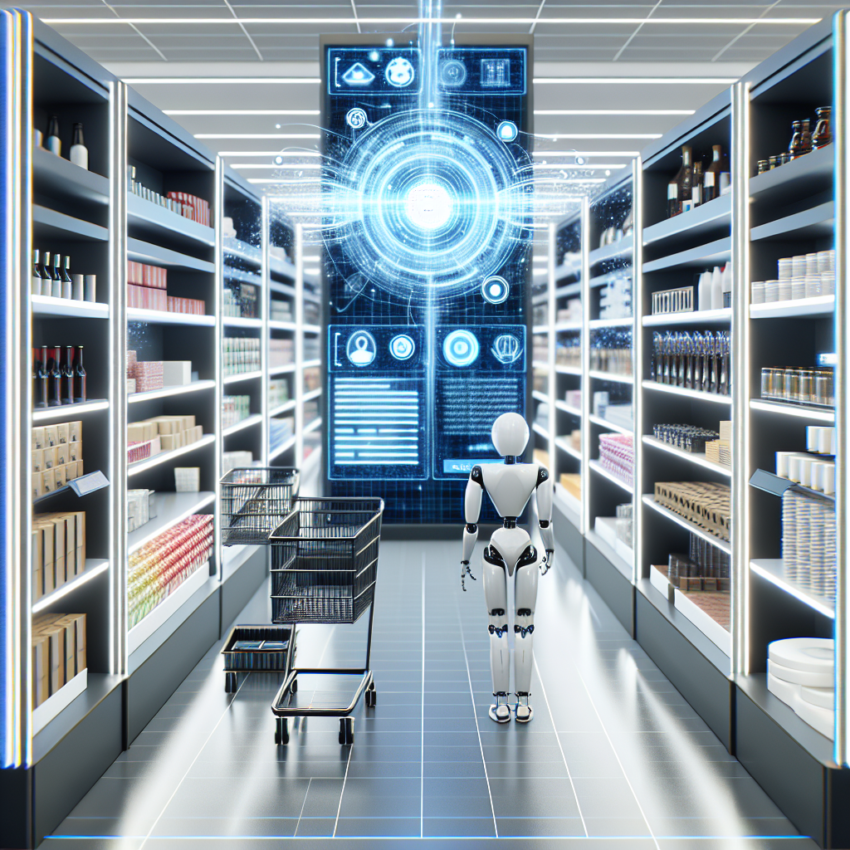Introduction
As technology continues to advance at a rapid pace, the retail industry is witnessing a significant transformation. One of the most impactful developments is the integration of Artificial Intelligence (AI) in autonomous retail systems. This article will delve into the role of AI in reshaping the retail landscape, improving customer experiences, and streamlining operations.
Understanding Autonomous Retail Systems
Autonomous retail systems refer to self-operating platforms that utilize technologies like AI, machine learning, and the Internet of Things (IoT) to manage retail processes without human intervention. These systems aim to automate various aspects, including:
- Inventory management
- Customer service
- Checkout processes
- Data analytics
The Impact of AI on Autonomous Retail
1. Enhanced Customer Experience
AI plays a crucial role in personalizing the shopping experience. Through data analysis and machine learning, AI can:
- Offer personalized product recommendations based on customer preferences and past purchases.
- Utilize chatbots and virtual assistants to provide 24/7 customer service.
- Implement smart mirrors and augmented reality (AR) to enhance the in-store experience.
2. Efficient Inventory Management
One of the significant challenges in retail is managing inventory effectively. AI helps in:
- Predicting demand accurately using historical sales data and market trends.
- Automating restocking processes to ensure optimal inventory levels.
- Minimizing waste by analyzing sales patterns and expiration dates of perishable goods.
3. Streamlined Operations
AI contributes to operational efficiency through:
- Analyzing store traffic patterns to optimize staffing and reduce costs.
- Automating checkout processes with cashier-less stores, improving customer convenience.
- Implementing advanced security systems to reduce theft and enhance safety.
Challenges of Implementing AI in Retail
Despite the numerous benefits, retailers must consider several challenges when integrating AI, such as:
- High initial investment and maintenance costs.
- Data privacy concerns, particularly regarding customer information.
- The need for continuous updates and technology adaptations.
The Future of AI in Autonomous Retail
The future of retail is leaning towards increasing autonomy with AI at its core. Innovations may include:
- Greater personalization in customer interactions.
- Integration of AI with robotics for stock replenishment.
- Improved omnichannel shopping experiences merging online and in-store.
Conclusion
AI is undeniably at the forefront of transforming autonomous retail systems. By enhancing customer experience, improving inventory management, and streamlining operations, AI presents a promising future for the retail industry. As technology continues its evolution, retailers that embrace AI will likely lead the charge in creating more efficient, autonomous environments.

